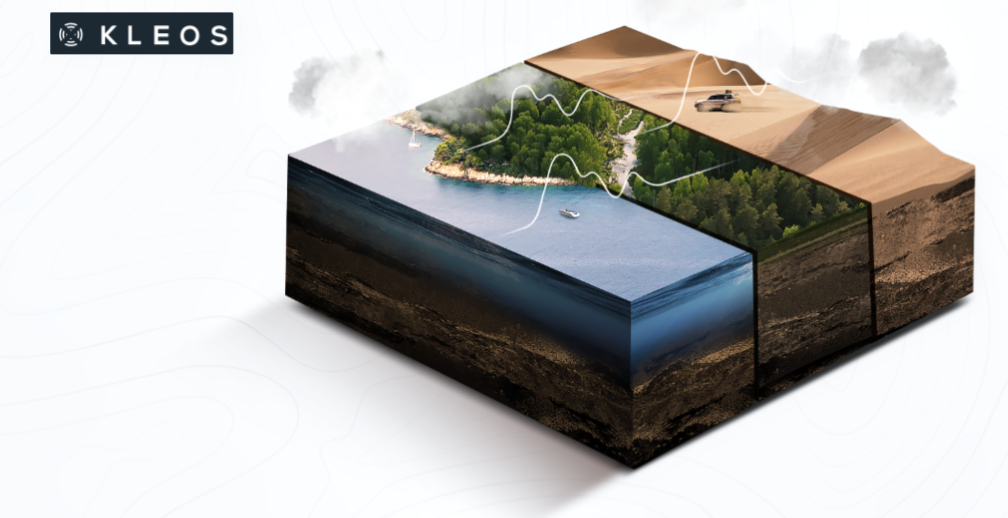
Kleos Space (ASX: KSS, Frankfurt: KS1) has announced that the company is diversifying their business model to include Mission-as-a-Service (MaaS) capability, providing customers with exclusive access to Kleos’ dedicated, on-orbit, radio frequency reconnaissance satellite clusters for fixed periods of time and capacity.
Each Mission-as-a-Service contract will be tailored to suit the customer requirements and needs including on the percent of satellite capacity needed, level of taskability required and corresponding data rights.
Kleos’ additional product offer caters to growing market demand and complements its existing DaaS business model, which delivers geolocated RF activity over areas of interest to multiple government and commercial subscribers.
Kleos Space CEO, Andy Bowyer, said, “Our discussions with government departments, national security agencies and commercial entities have highlighted a growing need for a dedicated mission capability, including unrestricted access and utilization of sensor outputs. Our new Mission-as-a-Service offering delivers that capability to customers at a revenue level that achieves our targets without the ramp up period.
“Unlike our DaaS business model, which will continue to build, where multiple customers access the same commercial dataset, MaaS is tailored to meet the need of specific ISR requirements of an individual customer mission. As our constellation grows, we will offer a combination of DaaS data sets enabling the opportunity to monetize the high volume, low value contract market and MaaS offering to deliver dedicated, high value contract opportunities. This blend of offering reflects the balance of needs between the commercial and non-commercial customer we have witnessed developing over the last few years.”
Kleos’ constellation roadmap includes the deployment of new clusters in a short timeframe, increasing accuracy, improving latency and supporting a range of intelligence, defence, security, and commercial missions through enhanced situational awareness. Kleos is targeting as many as 20 satellite clusters for optimal global coverage for its DaaS and MaaS offerings.
